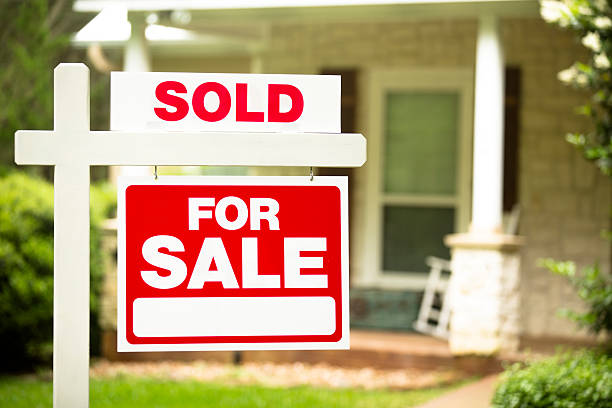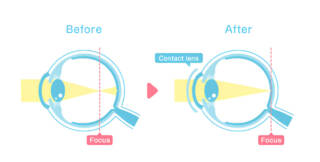Selling your home without an agent can seem daunting, but with careful planning and the right resources, it’s a manageable and rewarding process. Homeowners who take the FSBO (For Sale By Owner) route gain more control over negotiations, pricing, and marketing decisions. It also offers the opportunity to save on commission fees while achieving a strong sale.
To successfully sell house independently, it’s essential to prepare thoroughly. This includes setting a realistic price, staging the home effectively, and managing legal documents. Being proactive and well-informed helps ensure a smooth transaction and gives sellers the confidence needed to navigate the process successfully.
Weighing the Pros and Cons of FSBO
Selling a home without an agent—commonly known as For Sale by Owner (FSBO)—can be an appealing option for homeowners looking to retain complete control of the process. FSBO allows sellers to set prices and schedule showings directly, potentially saving on commission fees. However, it also comes with challenges, including handling paperwork, marketing, and negotiations without professional guidance.
One common reason for those who prefer to manage their own sale is to avoid agents, which may be due to commission costs or a desire for greater autonomy. While this route requires more effort and knowledge, careful planning and realistic expectations can make FSBO a successful and empowering experience.
Preparing Your Home for Sale
First impressions matter when selling a home. Proper preparation helps your listing stand out and turn showings into offers.
- Declutter and depersonalize by removing personal items and extra furniture—anything that might distract buyers.
- Deep clean floors, carpets, windows, and appliances.
- Fix minor issues like chipped paint or faulty faucets.
- Stage your home with furniture rearrangements or decorative touches to help buyers envision themselves there.
Setting the Right Price
Pricing is one of the most strategic decisions in FSBO sales. Overpricing may deter buyers, while underpricing can leave money on the table.
- Conduct a Comparative Market Analysis (CMA): Research recent sales and current listings of similar homes in your neighborhood to set a realistic number.
- Use Online Valuation Tools: Platforms such as Zillow and Redfin offer estimate tools reflecting real-time market activity.
- Consider a Professional Appraisal: Investing $300 to $500 for an independent appraiser’s report can provide extra confidence in your pricing.
Marketing Your Home Effectively
Effective marketing turns viewers into buyers. Make your listing stand out online and locally: Use high-quality photos to showcase your home, emphasize upgrades and neighborhood benefits in your description, list on FSBO sites, social media, and forums for visibility, and use yard signs and flyers to reach nearby buyers.
Navigating Negotiations and Legalities
The final sale stages include reviewing offers for price, contingencies, timing, and buyer qualification, negotiating terms, and completing legal paperwork. Assess offers carefully, make counteroffers when needed, and ensure all disclosures and contracts are completed, consulting an attorney if necessary.






